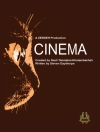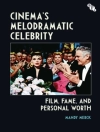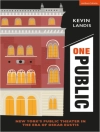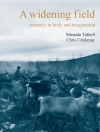When Armando Bó and Isabel Sarli began making sexploitation films together in 1956, they provoked audiences by featuring explicit nudity that would increasingly become more audacious, constantly challenging contemporary norms. Their Argentine films developed a large and international fan base. Analyzing the couple’s films and their subsequent censorship,
Violated Frames develops a new, roughly constructed, and ‘bad’ archive of relocated materials to debate questions of performance, authorship, stardom, sexuality, and circulation. Victoria Ruétalo situates Bó and Sarli’s films amidst the popular culture and sexual norms in post-1955 Argentina, and explores these films through the lens of bodies engaged in labor and leisure in a context of growing censorship. Under Perón, manual labor produced an affect that fixed a specific type of body to the populist movement of Peronism: a type of body that was young, lower-classed, and highly gendered. The excesses of leisure in exhibition, enjoyment, and ecstasy in Bó and Sarli’s films interrupted the already fragmented film narratives of the day and created alternative sexual possibilities.
Tabla de materias
CONTENTS
List of Illustrations
Note on Translation
Foreword by Annie Sprinkle
Acknowledgments
Introduction
The Signature of a “Bad Cinema”
Part I: Bodies and Archives
1. Bodies through Time . . . Time through Bodies
2. Reading Bad Cinema through “Bad Archives”
Part II: Censoring Bodies in Labor and Leisure
3. Disciplining Bodies through Censors’ Shears
4. Collective Working-Class Male Bodies
5. Affective Intimate Interludes
The Risky Female Body
Conclusion
“You won with the censors. . . . They couldn’t stop you!”
Notes
Selected Filmography
Index
Sobre el autor
Victoria Ruétalo is Associate Professor in the Department of Modern Languages and Cultural Studies at the University of Alberta. She is coeditor of Latsploitation, Exploitation Cinemas, and Latin America.












